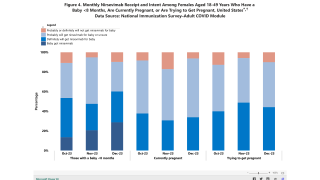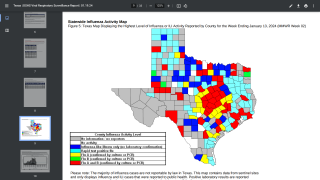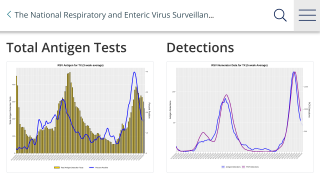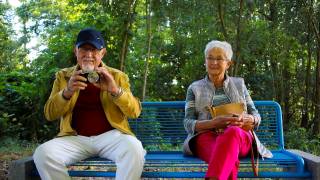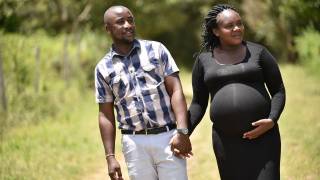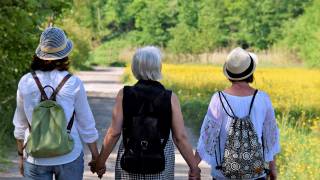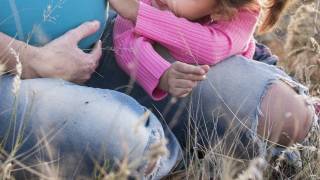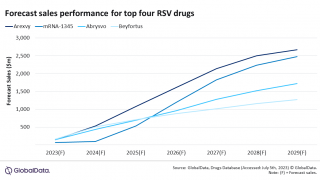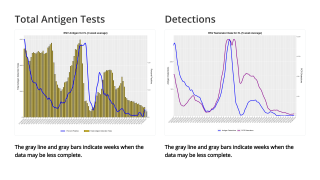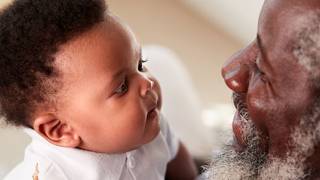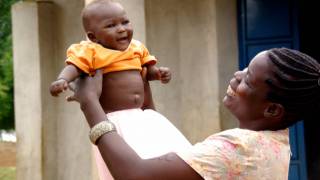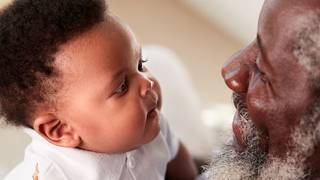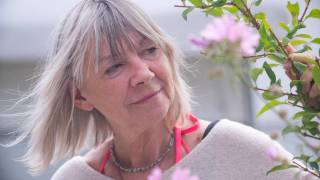Quebec Recommends RSV Passive Immunization for Most Infants

According to Quebec's National Institute of Excellence in Health and Social Services (INESSS), there will be an increasing demand for emergency services in 2024, which shows the need for all infants to be protected from Respiratory Syncytial Virus (RSV).
As of April 18, 2024, INESSS recommends BEYFORTUS® to prevent RSV lower respiratory tract disease (LRTD) in all neonates and infants aged eight months.
BEYFORTUS (Nirsevimab-alip) is not a vaccine but is the first approved single-dose, extended half-life monoclonal antibody offering passive immunization in children.
Furthermore, the INESSS Standing Committee on Deliberation—Reimbursement and Access unanimously agrees that BEYFORTUS provides significant clinical benefits compared to placebo in reducing lower respiratory tract infections that require medical assistance and hospitalization due to RSV infection in the healthy, full-term, or premature pediatric population during the first RSV season.
The Committee also recognizes the therapeutic value of BEYFORTUS in the population for whom the risk of developing a serious infection persists for a second RSV season.
Sanofi Canada confirmed it is working with Quebec provincial authorities to make BEYFORTUS available to a broad cohort of infants for the 2024-25 RSV season.
Delphine Lansac, General Manager, Vaccines Canada, Sanofi, stated in a press release, "Parents and physicians who experience the impacts of RSV annually have been waiting for a preventative option that can cover the entire infant population and protect our most vulnerable."
"I believe every baby deserves to be protected against RSV and this recommendation for BEYFORTUS marks an important milestone towards achieving that goal in Quebec. Now is the time to protect all infants against this devastating illness."
Health Canada issued a Notice of Compliance for BEYFORTUS in April 2023. Additionally, it was approved by the U.S. FDA, China, Japan, the European Union, and Great Britain.
Our Trust Standards: Medical Advisory Committee


